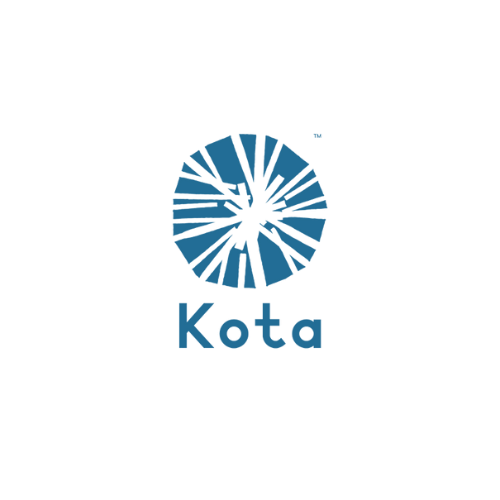CEPAZ in New York: The Venezuelan Crisis
By Matti Pousi
CEPAZ is a partner organization of the Kota Alliance, and as such, it is sponsored by the Anna-Riitta and Fritz Fuchs Fund for Reproductive Health. CEPAZ advocates for women’s rights in Venezuela and provides menstrual hygiene products and contraceptives for refugee women. One of the organizations in their network, Red Naranja Venezuela, fights to decrease violence against women amidst the Venezuelan humanitarian crisis.
The Center for Justice and Peace (Centro de Justicia y Paz, CEPAZ) is an organization whose main goal is to empower Venezuelan citizens in defense of peace, human rights and democracy. It was founded in 2014 as a response to the complex humanitarian crisis that was beginning to consume Venezuela. The impacts of the crisis to date are devastating: fall of institutions, hyperinflation, lack of basic necessities (like food and medicine), rapidly worsening living conditions, increasing discontent and violence, and people fleeing the country en masse. While many say that the roots of the crisis are deep in Chavismo, an ideology based on the governance of the former Venezuelan president Hugo Chavez, it is not an easy task to pinpoint its exact causes. According to Beatriz “Bibi” Borges, Director of CEPAZ, however, the crisis “has been happening in front of our eyes for 20 years.”
CEPAZ’s vision is deeply rooted in the idea that collaboration is key to making a change. The main mission of CEPAZ is to unite Venezuelan human rights organizations and accompany them to maturity. It does not do the work for them, but rather, shows them how to successfully collaborate with others. CEPAZ’s network is strong. One of the many projects in their network, REDAC, has currently more than 1,000 activists from different organizations and civil society.
In addition to working on the ground in Venezuela, CEPAZ has a strong presence in New York. It is the only non-profit currently in the city that focuses solely on the Venezuelan crisis. The organization’s work in the city that is home to many non-governmental and inter-governmental organizations is important. According to Bibi, there is a broad-based institutional ignorance in the West about the humanitarian crisis in Venezuela, and that is why she works tirelessly in order to increase the awareness across the many decision-making bodies of the United Nations.
Under the recent political shifts, Bibi finds both hope and concern for the future of Venezuela. Her message is simple: “if a person is suffering from a flu, back pain and a broken bone, a single medicine will not cure it all.” Similarly, the Venezuelan crisis will not be solved with a one-for-all panacea overnight. Rather, it will need a lot of activism, determination and collaboration.

